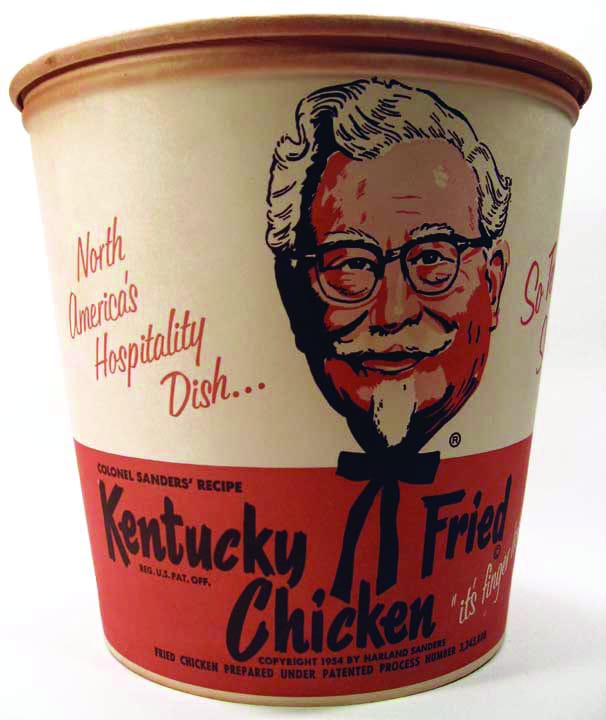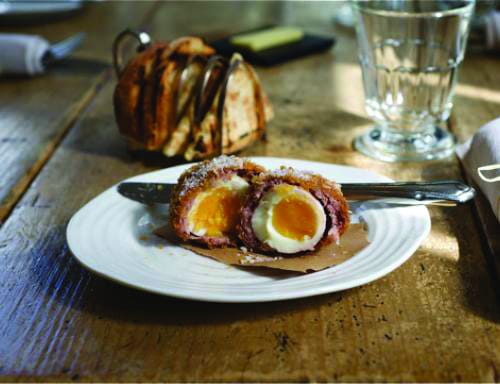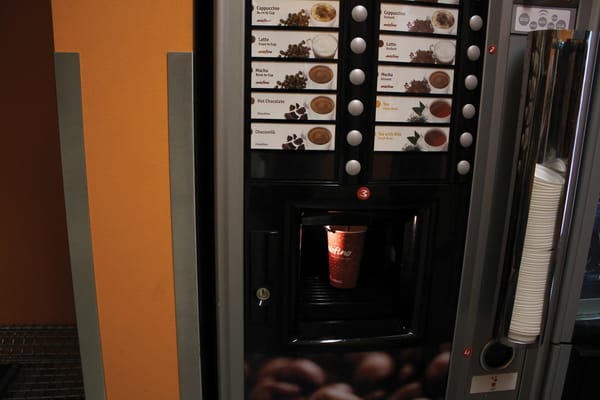Cheap chicken
Samuel Furse ponders fast food

Cheap Chicken will never die. If anything it is on the increase, despite McDonald’s and the ubiquitous beef burger having been around longer even than most of us. The trouble is that it is looking as though its days may well be numbered, not least because various things have now clipped its wings.
Beef is traditionally a staple meat for much of the western world—much as it should be on nutrition grounds alone, it is an excellent source of protein as well as energy-giving fats that are particularly ideal for those in high-calorie-burning manual work. Beef is also a flavoursome meat, and is not hard to pick out in a blind tasting either on flavour or texture, even when cooked badly. Currently however it is significantly more expensive than poultry and despite its prominence, is only slightly cheaper than game meats such as duck and venison in middle-class supermarkets. You can also see this variation in the prices of dishes in restaurants, sandwiches in Sainsbury’s or menu items from the Union kitchen.
Not only is beef more expensive, but provides an environmental problem. Part of the McLibel trial in the 90s focussed on the felling of ecologically valuable vegetation, including rainforests, in order to produce fertile land on which to rear cattle. This fertile land lasted only a few years before it was washed away. This lead to more forest being cut down and so on. Not only did this reflect badly on the beef producing industry in America but precipitated how beef is reared and sourced, being followed up in more recent years by analyses from various quarters about how animals are reared and slaughtered in the UK. Currently we have laws relating to animal husbandry that are more stringent than those in Europe. That is why, incidentally, Danish bacon is cheaper than British bacon, despite that additional cost of transporting it from northern Europe to the UK.
Supply is of course not the only thing that dictates price in any industry. Demand is also part of the equation. This demand has lead to the spread and flourishing of a variety of chicken-based fast food shops. KFC is of course the oldest, but Chicken Cottage and other pale imitations are now widespread. These shops also have their own dedicated suppliers: large scale catering supply companies that specialise in supplying fast food chicken shops of all kinds, who now market themselves independently. Or on the side of their lorries at least. There is money to be made in budget fast food, evidently.
And so we have a food industry which fails to excite the passion of the environmental lobby, and is cheap enough such that drunk students can and will eat it without the concern that it will destroy the planet or break the bank. Seems pretty reasonable. It is also fair to say that cheap chicken is probably succeeding where others may have had their day, but is this a good thing? It would be easy for a commentator to tell everyone to eat in Michelin-starred restaurants and hang the cost, though there is Mr Scarface himself to put even the most tenacious off doing that, despite the cost. And of course you should, but none of us do. What is there left? We are in a downturn and after a few drinks, crispy chicken wings are tempting, available and manifestly cheaper than venison tatare with pear sauce. And anything has got to be better than another packet of crisps, surely?









